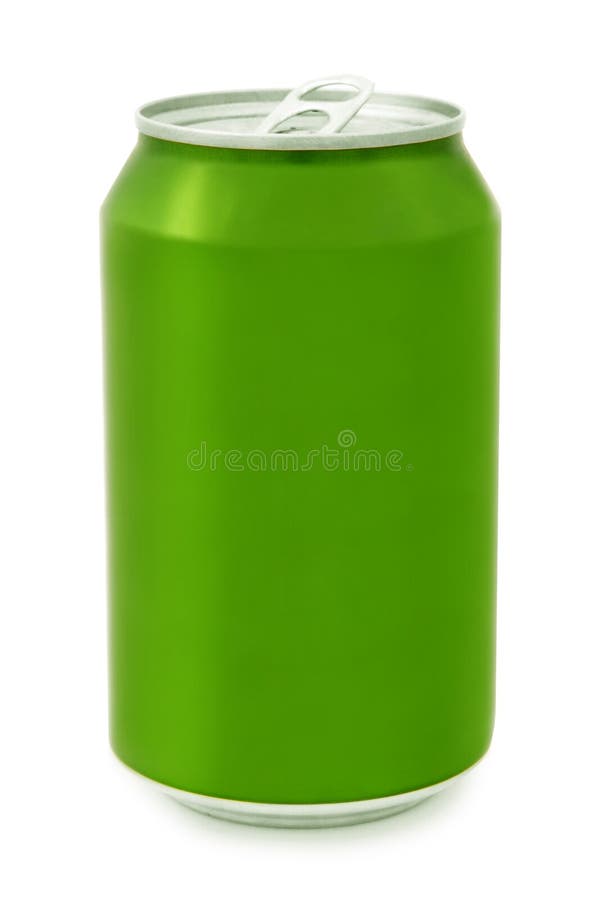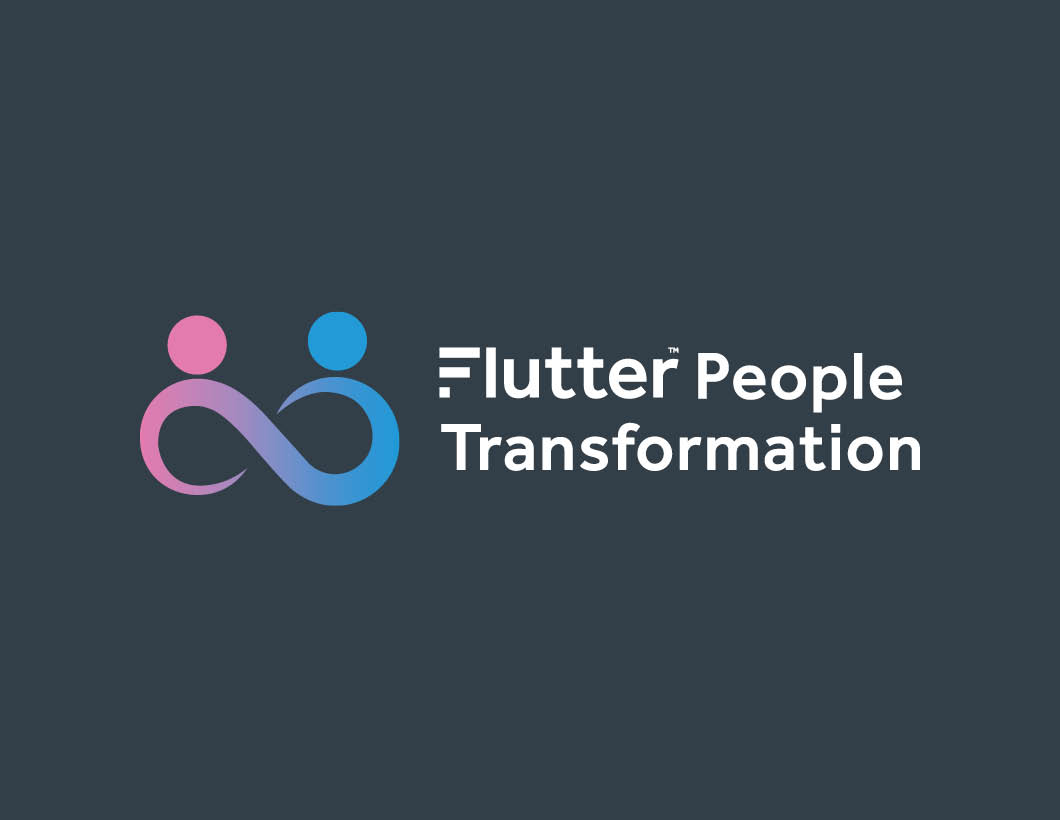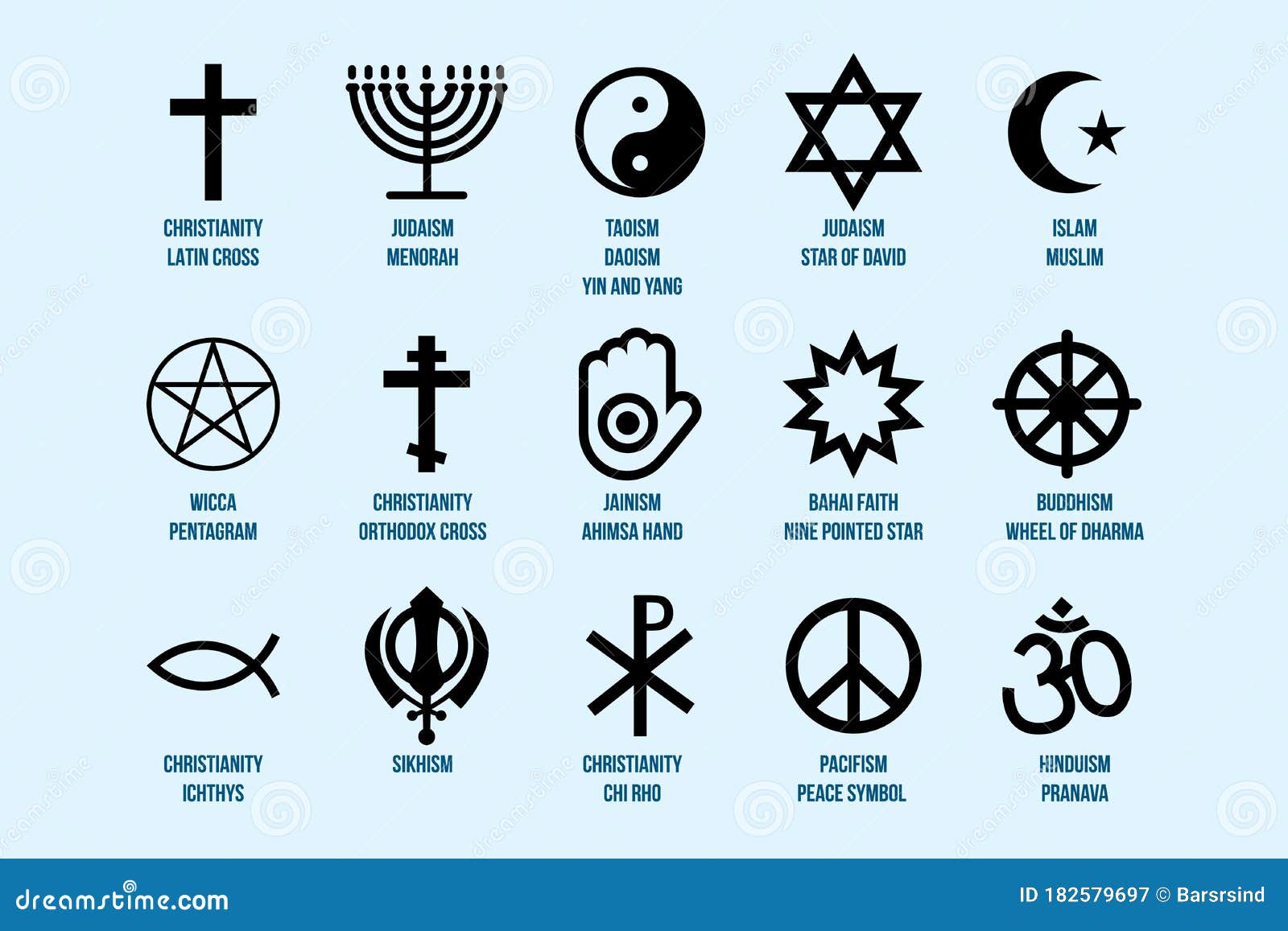Understanding the Reasons Blind People Wear Sunglasses: Protection, Comfort, and Confidence
Introduction: Beyond Appearance – The Role of Sunglasses for the Blind
When you see a person who is blind or visually impaired wearing sunglasses, you might wonder whether it serves a practical purpose or is simply a style choice. In reality, sunglasses offer a range of critical benefits for blind individuals, far beyond aesthetics. This article explores the reasons why many blind people choose to wear sunglasses, examines the practical and psychological advantages, and provides actionable guidance for finding suitable protective eyewear. By understanding these factors, you can better support loved ones or clients who are blind or visually impaired, and foster greater empathy for their daily experiences.
Protecting Sensitive Eyes from Sunlight and UV Exposure
One of the primary reasons blind people wear sunglasses is to protect their eyes from sunlight and ultraviolet (UV) rays . Even if a person cannot see or has very limited vision, their eyes and the surrounding skin are still susceptible to damage from UV radiation. Prolonged exposure can increase the risk of cataracts, ocular surface disease, and even certain types of skin cancer [4] . Sunglasses with certified UV protection help minimize these risks by blocking harmful rays.

Source: fogwing.io
Many individuals who are blind also experience increased light sensitivity, known as photophobia, which can cause discomfort or pain even if they cannot perceive images clearly. Wearing sunglasses helps reduce glare and shields sensitive eyes from bright light, making outdoor environments more comfortable [2] . For some, special features like wraparound frames or polarized lenses can offer extra protection by blocking light from all angles [4] .
Shielding Eyes from Debris, Injury, and Environmental Hazards
Physical protection is another key benefit. The eyes of a person who is blind are just as vulnerable to dust, wind, insects, and debris as those of a sighted person. In fact, some eye conditions that cause blindness may make the eyes more prone to dryness, irritation, or injury [2] . Sunglasses act as a barrier, helping prevent accidental contact with foreign objects and reducing the risk of eye injuries during daily activities or travel.
For individuals who use mobility aids such as white canes or guide dogs, sunglasses can offer additional peace of mind in crowded or unpredictable environments. For example, wraparound or impact-resistant sunglasses can provide extra coverage, reducing the chance of objects or environmental factors causing harm [4] .
Improving Comfort and Reducing Light Sensitivity
Although not all blind individuals are sensitive to light, many experience varying degrees of photophobia. This can be especially true for those with residual vision, certain retinal disorders, or after eye surgeries. Even in the absence of vision, intense light can cause headaches, eye pain, or fatigue. Sunglasses with tinted or polarized lenses can significantly reduce this discomfort, allowing for more comfortable participation in outdoor or brightly-lit indoor activities [1] .
Specialty sunglasses-such as those with photochromic lenses that adapt to changing light conditions, or lenses with specific color filters-may be recommended by eye care professionals to maximize comfort and usability. Individuals interested in finding suitable options are encouraged to consult with a low-vision specialist or optometrist for personalized recommendations. Most eye clinics can provide referrals to professionals experienced in visual impairment.
Enhancing Confidence, Privacy, and Social Interaction
Sunglasses can also play a significant role in
social comfort and psychological well-being
. People who are blind sometimes wear sunglasses to conceal
involuntary eye movements
(such as nystagmus), visible eye conditions, or eyes that do not align or move in a typical fashion. This can help reduce unwanted attention, intrusive questions, or social stigma in public settings
[3]
.
Additionally, sunglasses can serve as a nonverbal signal to others that a person may be blind or visually impaired. This can encourage bystanders to offer assistance, communicate more clearly, or be mindful of accessibility needs [2] . For many, wearing sunglasses is an empowering choice that allows them to navigate social situations with increased confidence and privacy.
Practical Considerations When Choosing Sunglasses
Choosing the right sunglasses for someone who is blind involves more than just style. Here are steps and strategies to ensure effective protection and comfort:
- Consult an Eye Care Professional: Seek guidance from an optometrist or low-vision specialist, who can assess specific needs such as light sensitivity, eye health risks, and any remaining vision. Most major hospitals and clinics have ophthalmology departments that can provide referrals.
- Look for Certified UV Protection: Ensure that sunglasses block 99-100% of UVA and UVB rays. Most reputable optical retailers and pharmacies carry certified products; ask staff for verification if unsure.
- Consider Specialized Lenses: For those with residual vision, lenses that enhance contrast, reduce glare, or adjust to changing light may provide additional benefits. Brands often label these as “photochromic,” “polarized,” or “contrast-enhancing.” Ask about these options during your consultation.
- Focus on Comfort and Fit: Wraparound frames or those with broader side coverage can offer extra protection, especially for those with high sensitivity or frequent outdoor exposure. Adjustable nose pads and lightweight materials can improve comfort for long-term wear.
For people seeking in-person support, local organizations for the blind and visually impaired often provide product recommendations or even low-cost eyewear programs. To locate these resources, search for “services for the blind” in your city or state, or contact your state’s department of rehabilitation or commission for the blind.

Source: digitalbloggers.com
Addressing Common Misconceptions
A widespread myth is that all blind people wear sunglasses to hide their eyes or because they are completely unable to see. In fact, most people with blindness retain some degree of vision-only about 15% have total blindness [3] . Reasons for wearing sunglasses are highly individual, and not all blind people choose to wear them. The decision may depend on medical advice, personal comfort, style preferences, or social factors.
It’s important to respect each person’s choice and avoid making assumptions about their needs based on appearance. If you wish to assist someone who is blind, always ask first and listen to their preferences.
How to Support Blind Individuals in Accessing Suitable Sunglasses
If you or someone you know is blind or visually impaired and interested in finding suitable sunglasses, here are practical steps:
- Start with a Comprehensive Eye Exam: Visit an ophthalmologist or optometrist to assess eye health, sensitivity, and any specific risks. Ask about recommendations for protective eyewear based on individual needs.
- Consult Low Vision Services: Many hospitals and state agencies offer low vision rehabilitation services. These professionals can recommend specialized sunglasses and may connect you with community resources or financial assistance programs. To find these services, search for “low vision clinic” or “rehabilitation services for the blind” in your area.
- Explore Assistive Technology Centers: Some nonprofit organizations and state agencies operate assistive technology centers where visitors can try different sunglasses and adaptive devices. The American Foundation for the Blind and the National Federation of the Blind offer directories of local resources. Visit their official websites or search for “assistive technology for the blind” in your region.
- Ask About Financial Assistance: Some health insurance plans or state vocational rehabilitation programs may cover part of the cost of prescription or specialized sunglasses. Contact your provider or the state department of rehabilitation to inquire about eligibility and the application process.
For those unable to find local resources, national organizations for the blind can provide further guidance and referrals.
Summary: The Multifaceted Value of Sunglasses for the Blind
Blind people wear sunglasses for a variety of reasons-protecting their eyes from UV radiation and environmental hazards, reducing discomfort from light sensitivity, boosting self-confidence, and signaling their needs to others. The decision to wear sunglasses is personal and may change over time with health needs and lifestyle. If you or someone you know could benefit from protective eyewear, consult a local optometrist or low-vision specialist, and explore community resources to find the best fit for your needs.
References
MORE FROM cheerdeal.com













